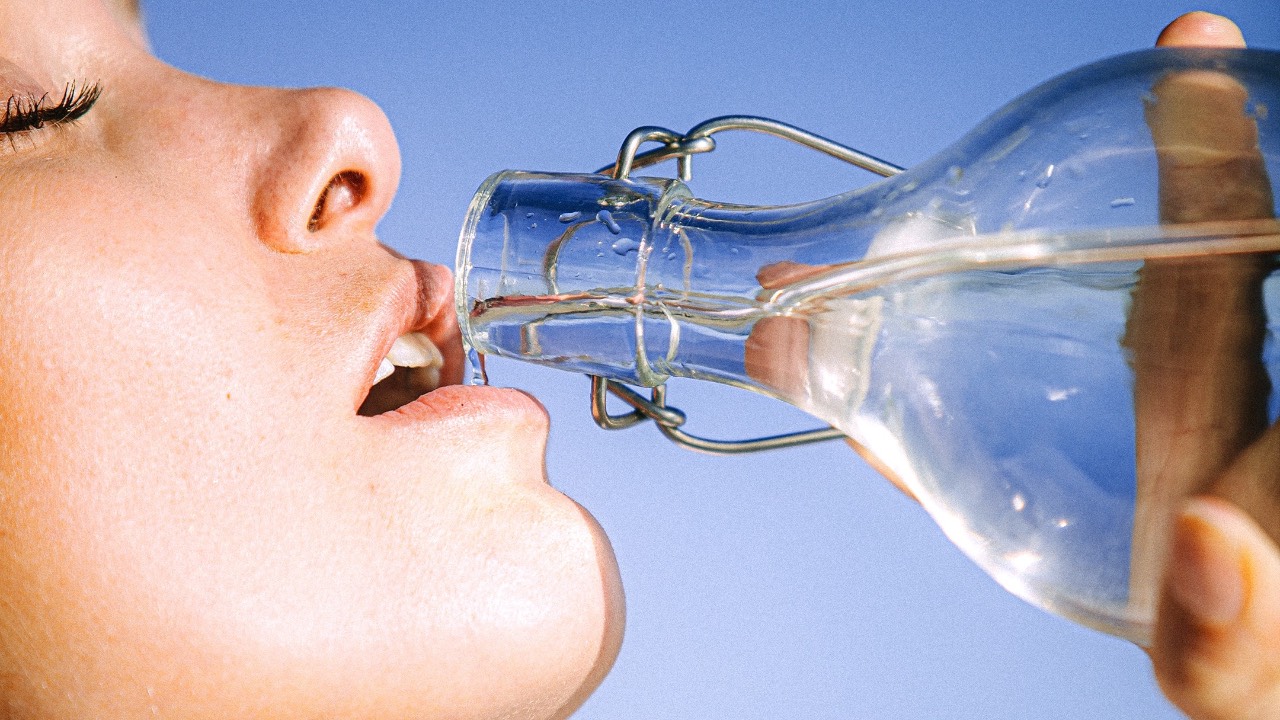
Daily Water Intake: Understanding Your Needs
Dec 24, 2024Proper hydration is essential for maintaining good health, but how much water should you drink each day? The answer depends on various factors, including your age, sex, weight, activity level, and overall health. The National Academies of Sciences, Engineering, and Medicine recommends that men consume about 3.7 liters (or about 13 cups) of total water daily, while women should aim for 2.7 liters (or about 9 cups). This total includes all fluids consumed, not just water, as well as moisture from foods.
Translating Liters to Bottles
To put this into perspective using standard water bottles, which typically hold 16.9 ounces (500 milliliters), here’s how it breaks down:
- Men: Approximately 7.4 bottles per day
- Women: Approximately 5.4 bottles per day
However, individual needs may vary. Athletes, for example, or those living in hot climates might require more fluids to stay hydrated.
Factors Influencing Water Needs
1. Activity Level
Active individuals sweat more and thus lose more water, necessitating higher fluid intake. It’s essential to replace the fluids lost during exercise to maintain optimal body function.
2. Climate
Hot or humid weather can increase perspiration, requiring an uptick in water consumption. Conversely, high altitudes can also increase the need for fluids.
3. Health Status
Certain health conditions, such as fever, diarrhea, and urinary tract infections, increase the body's need for fluids. Pregnant and breastfeeding women also require additional fluids to stay hydrated.
The Role of Water in the Body
Water is crucial for various bodily functions:
- Digestion: It helps break down food and absorb nutrients.
- Temperature Regulation: Sweating helps cool the body.
- Joint Health: Water acts as a lubricant and cushion for joints.
- Detoxification: It aids in flushing out toxins through urine.
- Skin Health: Proper hydration keeps skin looking healthy and helps prevent dryness.
Signs of Proper Hydration
Monitoring your hydration levels is relatively simple. One of the best indicators is urine color:
- Well-Hydrated: Pale, straw-colored urine
- Dehydrated: Dark yellow or amber urine
Other signs of dehydration include dry mouth, fatigue, dizziness, and less frequent urination. It’s important not to rely solely on thirst, as it’s not always an accurate indicator, especially in older adults.
Strategies to Increase Water Intake
If you find it challenging to drink enough water, here are some tips:
- Flavor Your Water: Add slices of lemon, cucumber, or berries to enhance the taste.
- Eat Water-Rich Foods: Incorporate fruits and vegetables with high water content, such as watermelon, cucumbers, and oranges.
- Set Reminders: Use a phone app or set regular alarms to remind yourself to drink water throughout the day.
- Carry a Water Bottle: Having a reusable bottle on hand makes it easier to drink water consistently.
- Dilute Sugary Drinks: Mix water with fruit juices or opt for sparkling water to make hydration more enjoyable.
Risks of Overhydration
While drinking enough water is crucial, drinking too much is also possible. Overhydration can lead to hyponatremia, a condition where the sodium levels in your blood become dangerously low. Symptoms include headache, nausea, confusion, seizures, and, in severe cases, coma. This condition is more common in endurance athletes who consume excessive amounts of water without replenishing electrolytes.
Conclusion
Maintaining proper hydration is vital for overall health and well-being. While general guidelines provide a good starting point, individual needs may vary. By paying attention to your body's signals and considering factors like activity level, climate, and health status, you can ensure you're getting the right amount of fluids to stay healthy and hydrated.
Carrying a water bottle, eating water-rich foods, and setting regular reminders are effective strategies to help you reach your daily hydration goals. Remember, balance is key—both underhydration and overhydration can have significant health implications.
Don't miss a beat!
New moves, motivation, and classes delivered to your inbox.
We hate SPAM. We will never sell your information, for any reason.

